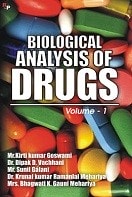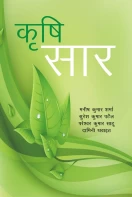Nature has fascinated and challenged mankind from the very beginning. Man, endowed with the unique capability of intuition, has used his instinct and experience to study and unravel the mysteries of nature for his survival. Medicinal plants are the Nature’s gift to human beings to help them pursue a disease-free healthy life, regarding treatment of the diseases and role in preserving health. Plants have been used as drugs by humans since thousands of years ago. As a result of accumulated experience from the past generations, today, all the world’s cultures have an extensive knowledge of herbal medicine. Traditional medicine is based on beliefs and practices that existed before the development of so-called modern medicine or scientific drug therapy. These practices are part of a country’s cultural heritage and are transmitted orally or by written transmission. The previous treatment was not based on a true scientific knowledge. However, in the early nineteenth century, many sensitive ingredients such as narcotin, emetine, brucine, piperine, caffeine, quinine, cinchonine, colchicines... etc were isolated and introduced in the medical practice. The ever increasing use of medicinal plants that has occurred in the recent times has stimulated the publication of a number of books about the medicinal plants, many of them lack a critical approach specially concerning active constituents and the documented pharmacological effects.
This encyclopedia is an attempt to through light on the chemical constituents and all the pharmacological activities which approved either experimentally or clinically for the Iraqi medicinal plants and herbs, supported by relevant references.








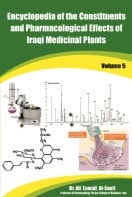





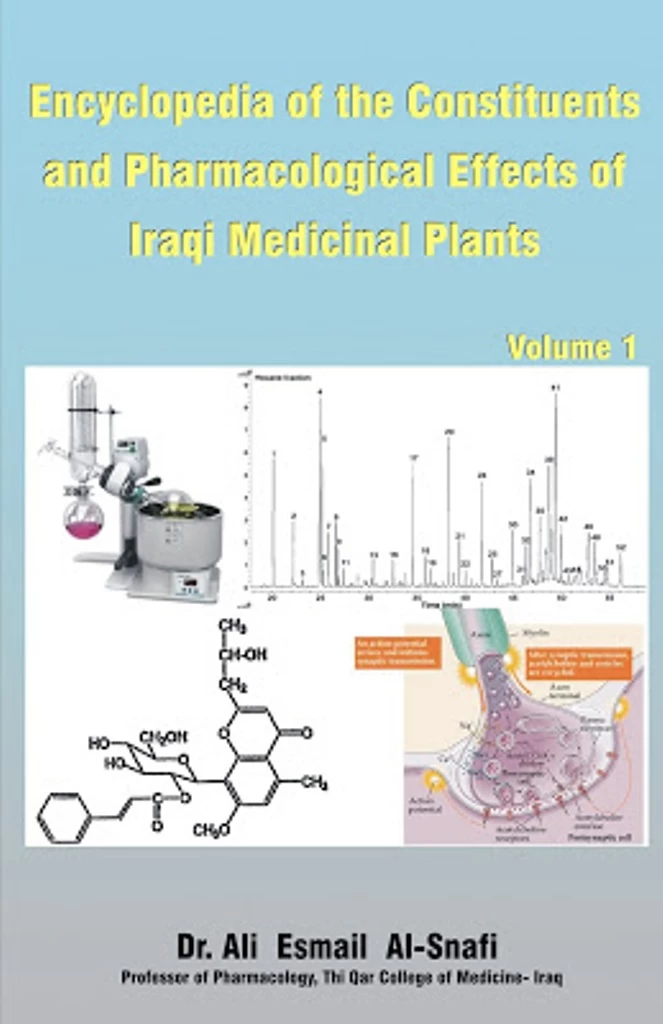
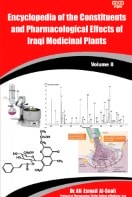
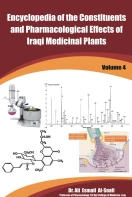


.jpg)

